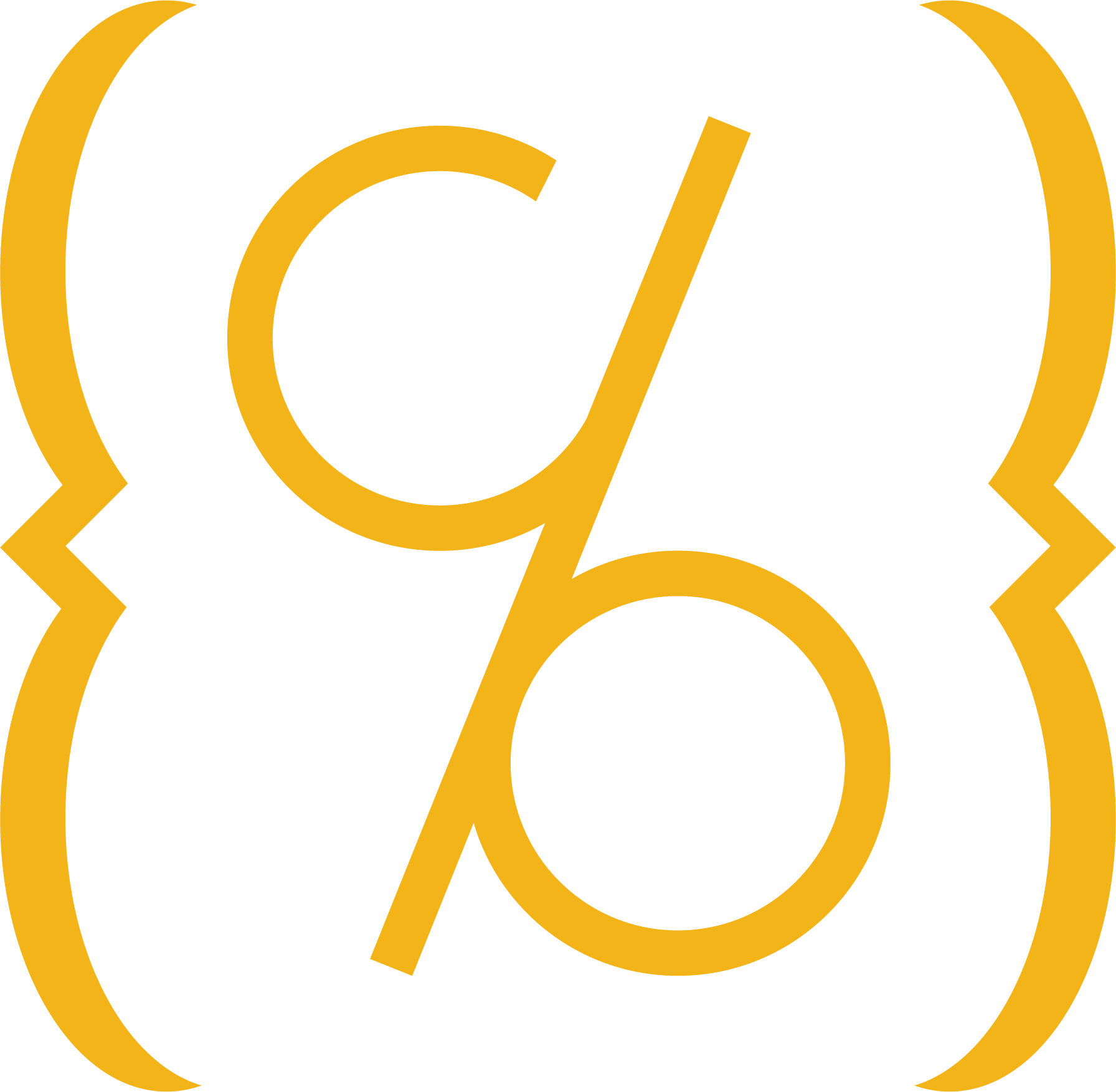DH2020 Presentation and Workshop
Please find here a brief overview of CollectionBuilder and a link to the workshop tutorial we put together for the dh2020 conference. And see our recent article for DH + Lib for more information using static web tools for DH initiatives.
Presentation
(Introduction materials: Slides, Transcript)
Overview
[original DH2020 conference submission]
This presentation will discuss the development and deployment of the IMLS-sponsored project CollectionBuilder, an open-source tool that leverages DH skill sets to help users create and host their own digital collection and exhibit websites via GitHub Pages. In addition to describing the tool itself, the presenters will demonstrate how faculty and staff from the University of Idaho’s digital scholarship center, the Center for Digital Inquiry and Learning (CDIL), use CollectionBuilder to teach students fundamental DH skills and literacies through scaffolded learning embodied in the tool’s customizable, modular design.
CollectionBuilder arose out of the University of Idaho Library’s need to create low-cost, contextualized digital collections for disseminating archival material, and grew into an opportunity to build a lightweight tool for teaching in CDIL. In their library work, CDIL staff were often frustrated with the limitations of existing digital collections platforms, including the restrictions they impose via heavy infrastructure requirements, financial investment, and lack of customization options.1 They noted similar frustrations when using Omeka to teach history courses about digital archives, as they spent more time teaching students how to use Omeka’s admin interfaces than they did engaging them at the intersection of digital archives, primary sources, and data skills.
CollectionBuilder-GH addresses these frustrations by putting the focus back on the data. Collaborators create a spreadsheet of descriptive metadata and a folder of digitized objects–CollectionBuilder puts that data to work, automatically generating a customizable website that can be hosted for free on GitHub Pages. Truly metadata-driven, CollectionBuilder-GH uses the static web generator Jekyll to create a digital exhibit featuring interactive discovery methods and a variety of contextual visualizations that include maps, timelines, and tag clouds–no extra plugins required. These visualizations are then used by instructors and students to evaluate and understand their own metadata, as any mistakes are quickly surfaced and debugged.
Guided by the fundamental DH principles of openness and data literacy2 and following a “collections as data” model for development, CollectionBuilder-GH scaffolds its learning process throughout the project’s development. Users progress from learning the digital library principles of metadata and digitization to becoming familiar with Git- and GitHub- based workflows. As they advance, users can learn web design and development tools and practices, open data principles, and fundamental programming skills–motivated by their desire to publicly share their scholarship.
This presentation will provide examples of our own experience teaching with CollectionBuilder-GH, demonstrating the steps and tools we use to move a class through a project. We will also detail how the minimal computing principles underlying the tool’s development have helped CDIL staff work with undergraduates, graduate students, and faculty to develop a variety of digital scholarship projects such as the Historical Japanese Ceramic Comparative Collection, Voices of Gay Rodeo, and CTRL+Shift.
Notes
-
Kate Dohe, “Care, Code and Digital Libraries: Embracing Critical Practice in Digital Library Communities,” In the Library With the Lead Pipe, February 20, 2019, http://www.inthelibrarywiththeleadpipe.org/2019/digital-libraries-critical-practice-in-communities/; Drucker, Johanna, and Patrik BO Svensson. “The Why and How of Middleware” DHQ: Digital Humanities Quarterly. 10.2 (2016). http://www.digitalhumanities.org/dhq/vol/10/2/000248/000248.html. ↩
-
Lisa Spiro, “‘This is Why We Fight’: Defining the Values of the Digital Humanities.” In Debates in the Digital Humanities, ed. Matthew K. Gold (Minneapolis, MN: 2012), 16, 23, https://doi.org/10.5749/9781452963754. ↩
Presenters
(in order of appearance)
Evan Williamson
Digital Infrastructure Librarian
University of Idaho Library
More
Evan Peter Williamson is the Digital Infrastructure Librarian at the University of Idaho Library, working with Data & Digital Services to bring cool projects, enlightening workshops, and innovative services to life. Despite a background in Art History, Classical Studies, and Archives, his recent focus has been on data driven, minimal infrastructure web development, currently embodied in the CollectionBuilder project.
Devin Becker
Director, CDIL
University of Idaho Library
More
Devin Becker is the Director of the Center for Digital Inquiry and Learning (CDIL) and the Head of Data & Digital Services at the University of Idaho Library, where he directs and maintains the library’s digital initiatives program. Becker is also a writer. His most recent web project, CTRL+Shift, provides visualizations and analyses of interviews he conducted with prominent poets across the country.
Olivia Wikle
Digital Initiatives Librarian
University of Idaho Library
More
Olivia Wikle is the Digital Initiatives Librarian at the University of Idaho, where she coordinates the digitization of the University’s archival material and builds digital collections that disseminate historical resources. She also works closely with humanities faculty to create digital scholarship projects and teach digital literacy skills to students.
 CollectionBuilder
CollectionBuilder